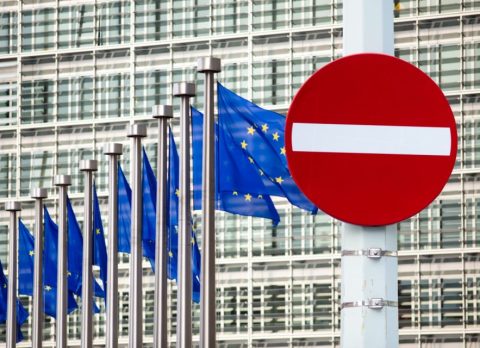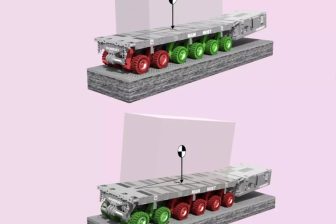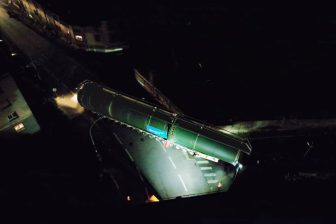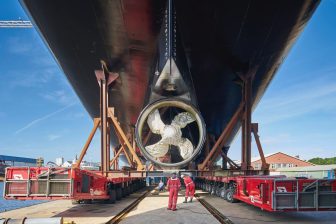
11th EU sanction package mostly aims at targeting circumvention
The EU Commission adopted the 11th sanction package against Russia. In the latest package, the institution highlights the need to tackle sanctions circumvention attempts that involve third countries. The Commission will thus restrict the sale, export and transport of certain products to third countries suspected of forwarding them to Russia. Additionally, it will extend the prohibition of exporting certain goods to third countries as long as this entails transit via Russia.
The Commission identified that certain countries are used as intermediate stops for sanctioned cargo to reach Russia. This means that cargo, which is otherwise banned for Russia, goes through customs clearance in Europe, for instance, to be exported to another state. However, according to the Commission, certain instances show that as soon as goods arrive in this other state, they are being forwarded to Russia. This is a simple yet efficient trick to circumvent the sanctions.
Similar instances have been noticed the other way around, with Russian oil, for example, exported to third countries and then finding its way to Europe. To avoid something similar happening to the steel and iron supply, Brussels decided to tighten restrictions on importing these two metals. From now on, steel and iron importers must prove that the imported goods processed by a third country do not come from Russia.
Additionally, the Commission is concerned that circumvention dangers linger even for EU exports destined for third countries but transiting via Russia. That is why it aims to restrict the types of goods entering Russian soil–especially goods that could potentially be used in warfare.
You just read one of our premium articles free of charge
Register now to keep reading premium articles.




